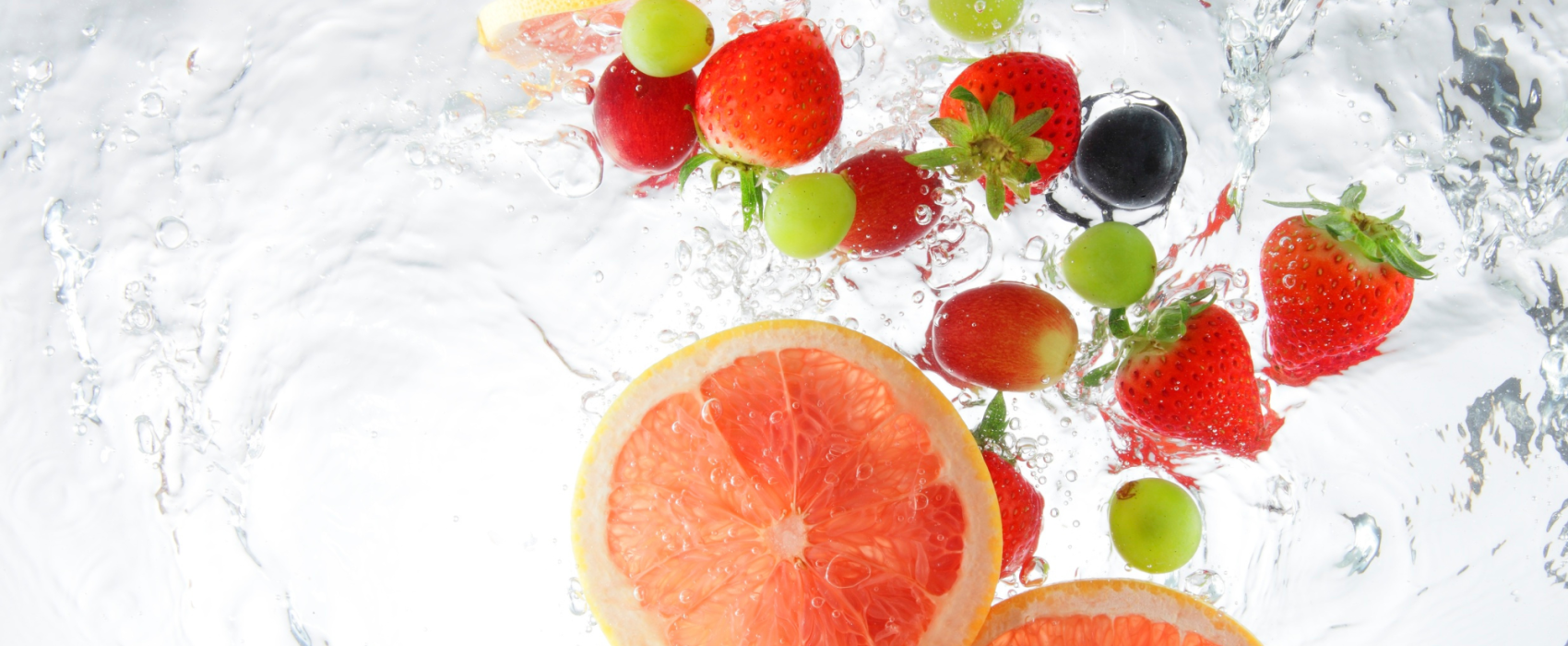As the temperature rises during the summer months, staying properly hydrated becomes more important than ever. Whether you’re lounging on the beach, working outdoors or simply enjoying the sunshine, your body needs water to function at its best. Here, we’ll explore why hydration is essential, the risks of dehydration and practical tips to keep your body hydrated throughout the summer.
Why Hydration is Crucial in Summer
Water makes up about 60% of your body weight and is essential for nearly all bodily functions, including regulating temperature, maintaining blood pressure, kidney function and a healthy skin barrier and supporting digestion. During summer, the heat and increased activity levels cause the body to lose water faster through the evaporation of sweat. If you don’t replace these fluids, it can lead to dehydration, which affects both your physical and mental performance.
In hot weather, your body works harder to cool itself down. Sweating is a natural cooling mechanism, but it also causes you to lose water and important electrolytes, like sodium and chloride. These electrolytes help your muscles, nerves and heart to function properly. Without proper hydration, this balance can be disrupted, leading to health issues.
The Risks of Dehydration
Dehydration occurs when your body loses more water than it takes in. Even mild dehydration can affect your energy levels and ability to concentrate. Severe dehydration, on the other hand, can result in serious health complications and be life-threatening if not treated promptly.
Symptoms of dehydration include:
- Increased thirst
- Dry mouth or lips
- Dark yellow urine or reduced urine output
- Fatigue or dizziness
- Headaches
If you experience these symptoms, it’s important to rehydrate. You can drink water, or an electrolyte-replenishing drink might be required, particularly if you have had vomiting or diarrhoea. A pharmacist can give advice. If you have persistent dizziness, are confused, unusually tired, breathing rapidly or have a fast heart rate, you should seek urgent medical attention.
Who is Most at Risk?
Certain groups of people are more vulnerable to dehydration, including:
- Children and Older Adults: Children tend to be more active, less able to regulate body temperature and lose fluids more rapidly, while older adults may have a reduced sense of thirst and less efficient body mechanisms for regulating temperature and fluid balance.
- Specific Workers: Those who work in the sun or heat, such as gardeners construction workers or boiler servicemen, are at higher risk due to the potential for prolonged physical activity in hot conditions.
- Athletes: Especially during intense exercise in hot weather.
- People with Health Conditions: Individuals with illnesses like diabetes or those taking medications that cause fluid loss (e.g., diuretics) are more likely to become dehydrated.
Tips to Stay Hydrated This Summer
One of the simplest ways to stay hydrated is by drinking plenty of fluids. Aim to consume at least 6-8 glasses a day,but you may need more if you’re physically active or sweating due to the heat. The colour of your urine can be a useful guide as to whether you are drinking enough as thirst is not reliable in all age groups. Pale straw-coloured is ideal. It can help to carry a reusable water bottle and sip regularly. Staying consistently hydrated helps prevent dehydration before it becomes an issue.
Another way to boost hydration is by eating water-rich foods. Incorporate fruits and vegetables with high water content into your diet, such as watermelon, cucumber, oranges and strawberries. Not only do these foods provide hydration, but they also deliver essential vitamins and minerals to support your overall health.
It’s also important to avoid beverages that can dehydrate you. Alcohol has a diuretic effect, which increases fluid loss through the kidneys. If you choose to drink alcohol, it’s wise to consume it in moderation and balance alcoholic drinks with water, particularly during hot conditions.
If you’re sweating heavily, replenishing electrolytes is essential. However, the typical UK diet contains a lot of salt, so it’s worth consulting a health professional before embarking on any regular consumption of supplement/sports drinks, particularly if you have an underlying health condition. Remember to be cautious with overly sugary drinks, as they can have the opposite effect and may not hydrate you effectively.
Keeping cool can also help reduce your body’s need to sweat excessively. Stay in the shade whenever possible, wear lightweight and breathable clothing, and use fans or air conditioning to maintain a comfortable temperature.
Lastly, plan ahead to avoid getting caught without water. If you’re heading out for outdoor activities, make sure you pack enough water to last the day. For an extra cooling effect, freeze a water bottle overnight so it stays cold for longer. By thinking ahead, you can ensure you stay hydrated no matter where summer takes you.

